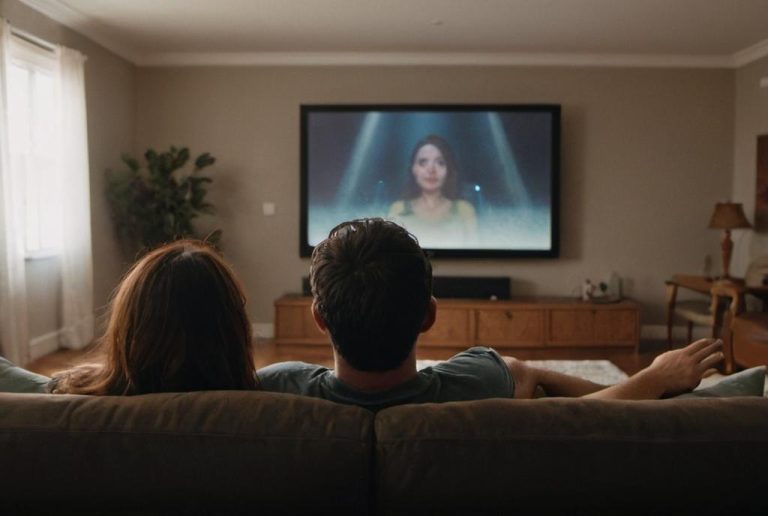
Key Take Aways About film scoring and music
- Film scoring involves significant financial investment, reflecting overall film budgets.
- Soundtracks serve as powerful marketing tools, enhancing cultural and financial value.
- Licensing of popular songs can attract diverse audiences and generate additional revenue.
- Technology streamlines scoring, enabling efficient and cost-effective music production.
- Composers often start with smaller projects, building their portfolio and industry connections.
- Balancing artistic creativity and financial strategy is crucial in film scoring.

Scoring the Silver Screen: The Financial Melody Behind Film Music
The art of film scoring is a unique intersection of music and cinema, where composers create soundtracks that become as iconic as the films they accompany. But behind the harmonious sounds lies a complex financial framework that requires just as much attention to detail.
The Cost of a Symphony
Film scoring isn’t cheap. Hiring a composer can range anywhere from a few thousand dollars for indie films to millions for big blockbusters. This doesn’t even take into account the cost of hiring musicians, renting recording studios, or acquiring the necessary licenses for any pre-existing pieces. John Williams didn’t just wake up one day and whip up the “Star Wars” theme for free, after all.
The budget for film music often reflects the overall budget of the film itself. A big-budget action film might invest heavily in a sweeping orchestral score, while a shoestring indie film might rely on a more modest, but no less effective, musical arrangement.
Investment Returns: Music as a Marketing Tool
A well-known soundtrack can serve as an effective marketing tool. Consider how the haunting notes of the “Jaws” theme immediately summon images of the great white shark. This musical branding can extend a film’s reach beyond the cinema, leading to increased sales in soundtrack albums, concerts, and licensing for other media.
A memorable score boosts a film’s stock in the cultural marketplace. It’s no surprise that studios often gamble big on securing top-tier composers to craft these soundtracks. The music not only adds to the initial draw of audiences but can also enhance merchandising and long-term intellectual property value.
Financing Through Music Licensing
Music licensing forms another revenue stream. Films often license popular songs to attract different audience demographics. This doesn’t just appeal to viewers; it creates potential revenue through soundtrack sales and streaming. A film like “Guardians of the Galaxy,” which famously features a blend of ‘70s hits, saw significant returns on its soundtrack alone—a testament to how carefully curated music can extend a film’s financial life.
Licenses also come with their own set of financial obligations. Using pre-existing tracks often requires negotiation with record labels, publishers, and artists to secure usage rights. It’s a tango of contracts and royalties, setting the scene for both artistic collaboration and business negotiations.
Streamlining the Process with Technology
The digital age has introduced new dynamics to film scoring. Composers now use sophisticated software to create digital mock-ups of their scores before recording with live musicians. This method can save both time and money, allowing directors and producers to hear a preliminary version of the score and make necessary changes before final recording.
Moreover, technology has opened new avenues for distribution and monetization. Digital platforms allow soundtracks to reach global audiences instantly, enhancing their availability and opportunities for revenue generation.
Personal Notes: A Composer’s Perspective
From personal connections in the industry, I’ve heard tales of composers who, at the beginning of their careers, took on smaller projects to build their portfolios. These gigs, though less financially rewarding initially, allowed them to hone their craft and create networks. Eventually, their reputation and skillset enabled them to command higher fees for more prominent projects.
Film composers are like those magicians who turn the ordinary into extraordinary, adding layers of emotion and depth to the cinematic experience. Their work, while artistic, is also inherently wrapped in financial considerations. Balancing a film’s musical needs with budget constraints is a delicate dance—one that requires both creativity and shrewd business acumen.
In conclusion, the world of film scoring is a symphony of creative artistry and financial strategy, each note carefully calculated to enhance the cinematic experience while ensuring profitability.



